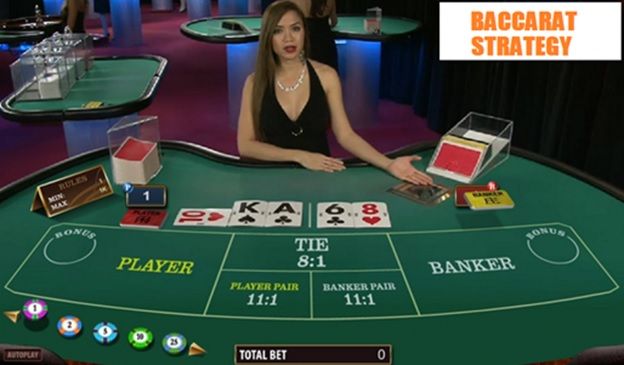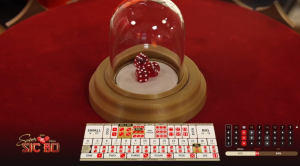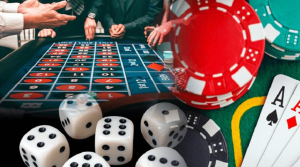As in all card games, luck is a determining factor in Baccarat. In fact, given the rules applied in this game, it is even more so than other casino games like Poker or Blackjack, for example. However, there are some strategies that can be applied to increase one’s chances of winning by taking into account the basic odds of the game and the house advantage.
Martingale Strategy
Martingale is a gambling strategy that is widely used in games of chance, such as Roulette, where it is very popular. Its basic principle is quite simple. This is for the player to double his bet on the same issue each time he loses until a winning bet can recover all lost winnings.
In Baccarat, this consists of proceeding as follows. You choose an option: Banker or Player and make a first bet. If your bet is winning, you bet the same amount, but on the other option this time. If, on the other hand, your initial bet is losing, you must make the following bet on the same option by doubling the amount. You must then repeat the same process at each party.
In Baccarat, there is also a variant of the Martingale that can be used the Paroli betting system. It works much like the classic Martingale, but in reverse mode.
Although it may be interesting, the Martingale requires that the player has a relatively high cash that can cover his losses, often many before a significant gain. Moreover, given the betting limits imposed in online casinos, it can be complicated to implement.
Counter-Alembert Strategy
Alembert’s technique is another fairly common game strategy in games of chance. It consists, for the player, to reduce his bet each time he wins and to increase each time he loses a game. But in Baccarat, the one we recommend is the opposite strategy. In summary, it is therefore for the player to increase his bet by one unit each time he wins.
In the event of a losing bet, the player must, on the contrary, reduce his bet by one. The advantage of this strategy is that it allows maintaining fairly stable average bets, while changing its chances of winning over the long term.










